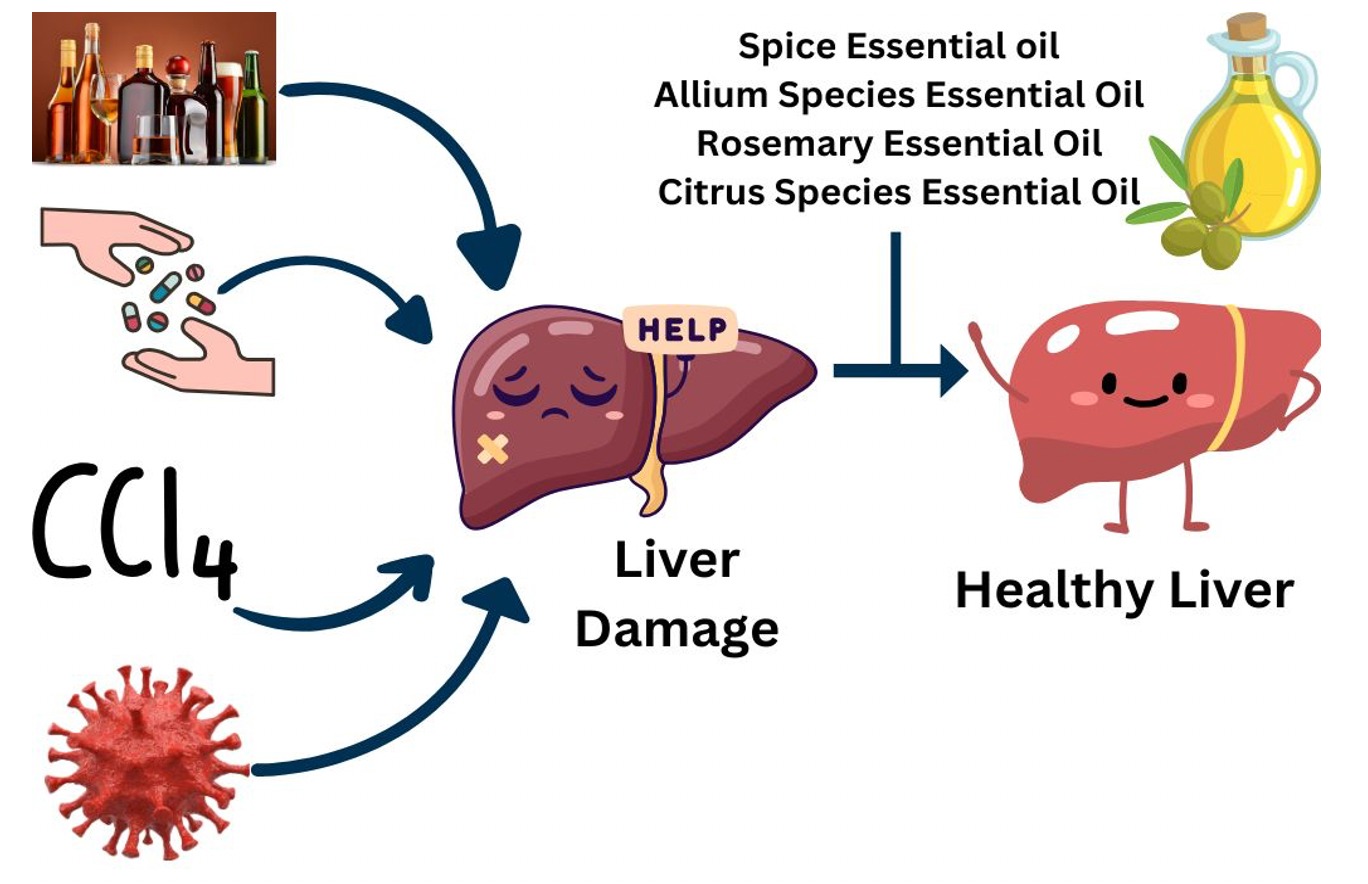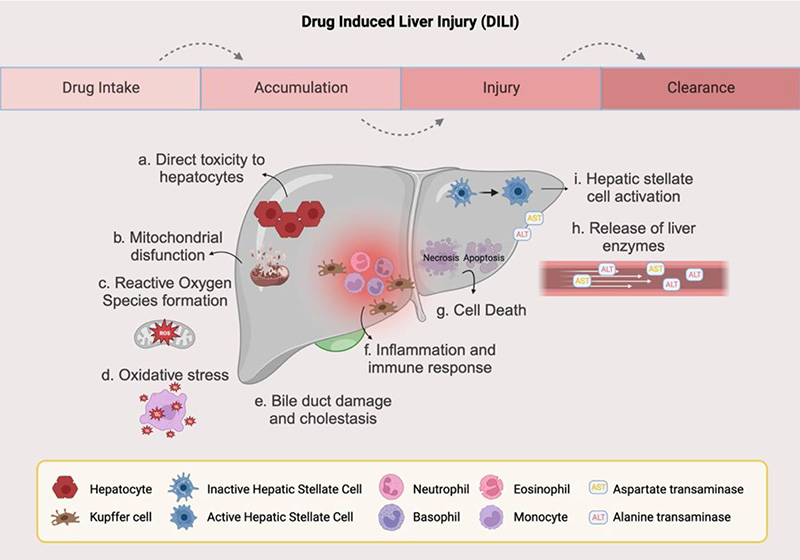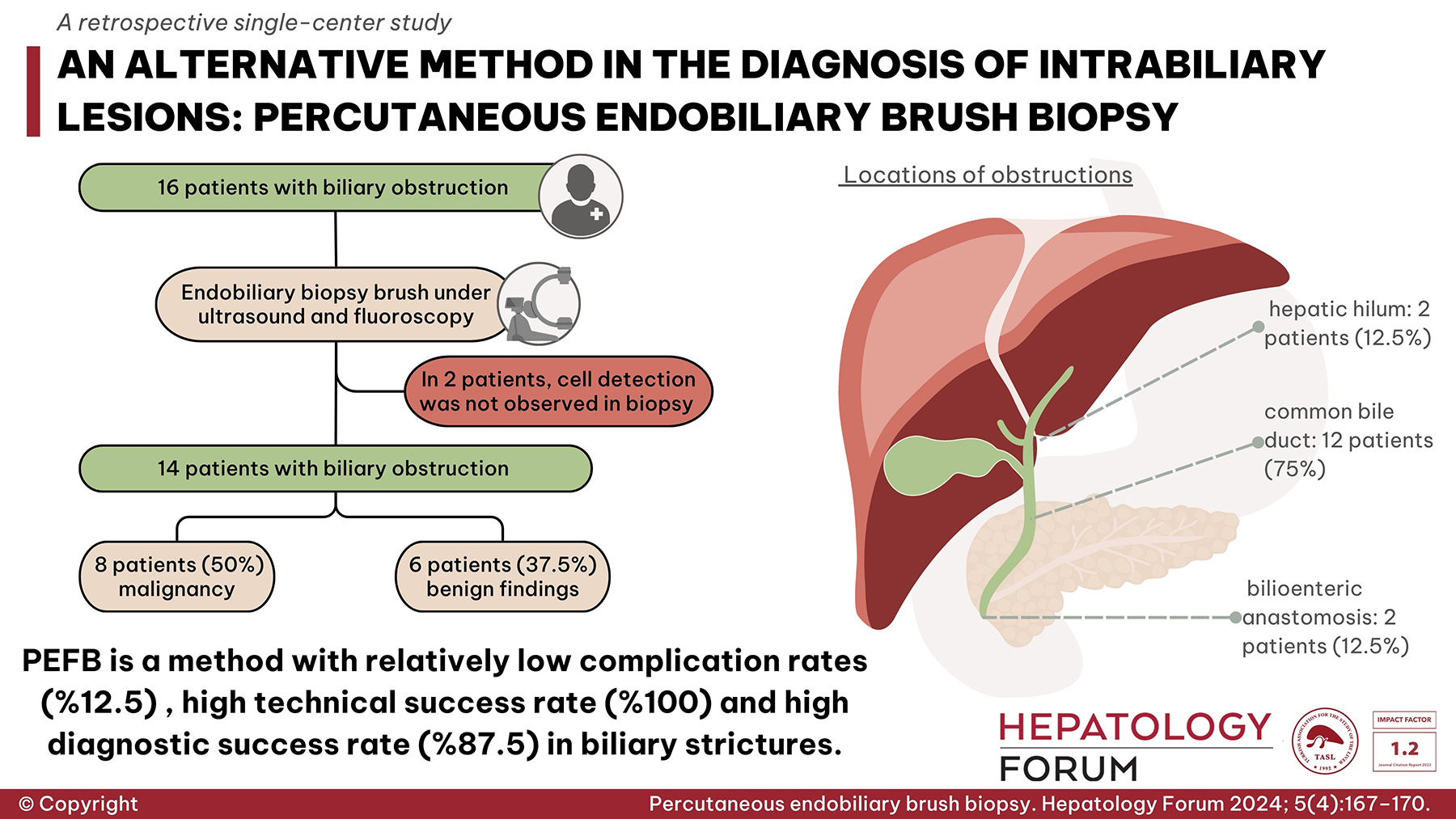2Department of Psychiatry, Ege University Hospital, Izmir, Turkiye
3Department of Gastroenterology, Ege University Hospital, Izmir, Turkiye
Abstract
Background and Aim: Alcohol-induced liver disease has become one of the major causes of chronic liver disease worldwide with the increasing use of alcohol in society. The most important step in treatment is cessation of alcohol consumption. In patients with advanced liver disease, the most effective treat-ment is liver transplantation. Careful evaluation of patients with alcoholic liver disease before transplantation can help identify those at high risk of relapsing.
Material and Methods: Of a total of 42 patients who underwent liver trans-plantation for alcohol-related liver failure in our hospital between 2011 and 2022, 26 surviving patients were included in the study. Patient data were analyzed ret-rospectively. Demographic data, MELD score, history of alcohol consumption, alcohol treatment, post-transplant prognosis and survival were analyzed. The Barratt Impulsivity Scale-11 Short Form (BIS-11 SF) was applied to the surviv-ing patients for impulsivity analysis to predict the possibility of relapse.
Results: Of the 26 patients who were included in the study, all were male. The mean age at transplantation was 53 (31–71) years. Mean MELD score was 22.31 (9–36). 12 patients (46.2%) received living donor liver transplan-tation and 14 patients (53.8%) received cadaveric liver transplantation. 25 patients (96.2%) had no post-transplant dependence, while 1 patient (3.8%) had post-transplant dependence. 5 patients (19.2%) continued to consume alcohol after transplantation.
Conclusion: In our study, we observed that patients with high motor impul-sivity tendency according to BSI-11 SF had alcohol relapse. We believe that revising this scale with more detailed questions for alcohol-dependent liver patients and applying it to patients before transplantation will be effective in better selection for transplantation and guiding patients to appropriate therapy and thus preventing relapse after transplantation.





 Veysel Umman1
Veysel Umman1 









